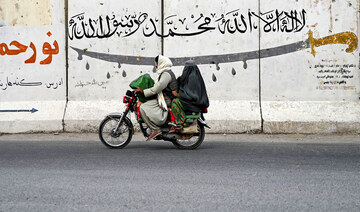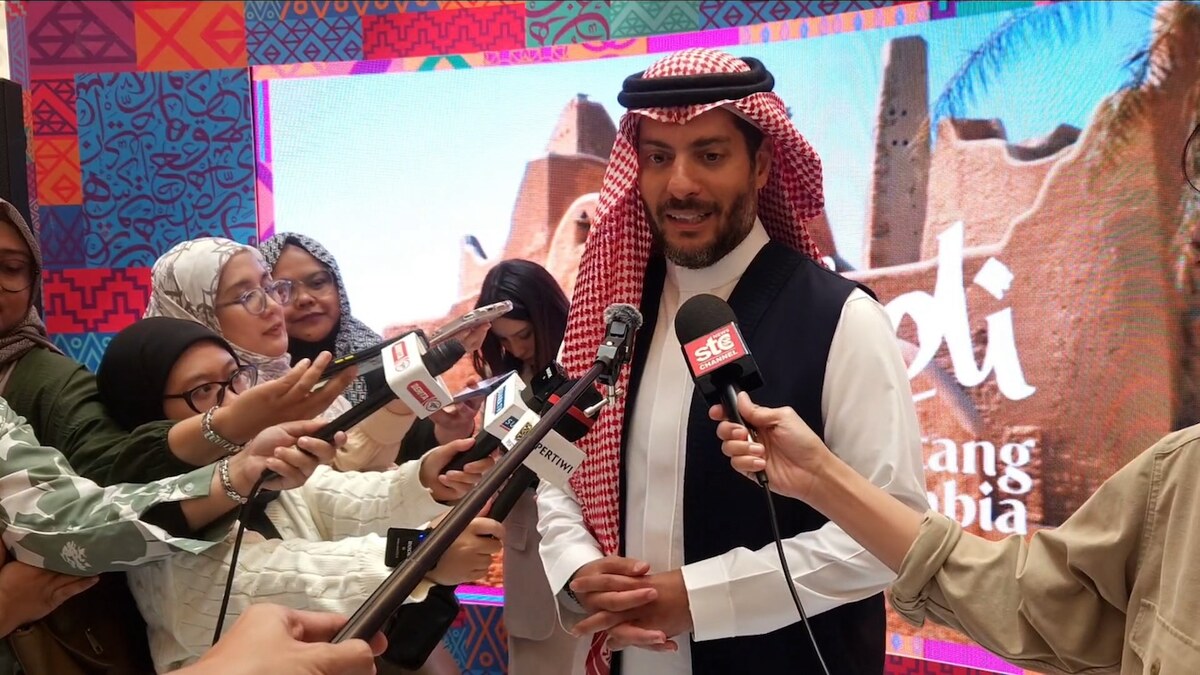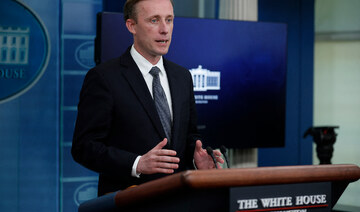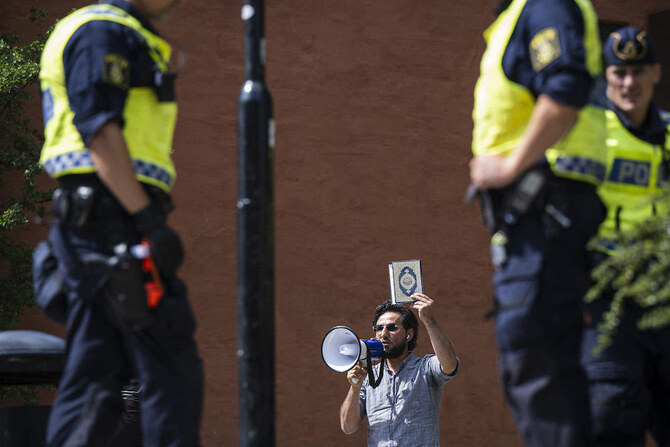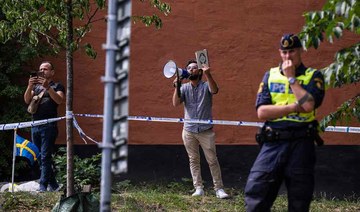GENEVA: Serious violations are still being committed in Ethiopia despite a peace deal in the north, UN rights experts said Monday, warning the conflict was spreading across the country and putting regional stability at risk.
“Atrocities, war crimes and crimes against humanity are still being committed in the country,” the UN-backed investigators said in a statement.
Last November, a peace deal between Ethiopia’s federal government and rebels in the Tigray region ostensibly ended a brutal two-year conflict.
“While the signing of the agreement may have mostly silenced the guns, it has not resolved the conflict in the north of the country, in particular in Tigray,” said Mohamed Chande Othman, head of the UN-backed Commission of Human Rights Experts on Ethiopia.
“Nor has it brought about any comprehensive peace,” he told reporters in Geneva, presenting the commission’s latest report. “The situation in Ethiopia remains extremely grave.”
FASTFACTS
• The report warned that ‘hostilities in Ethiopia are now at a national scale, with significant violations increasing particularly in Amhara region, but also ongoing in Oromia and elsewhere.’
• ’The risk to the state as well as regional stability and the enjoyment of human rights in East Africa cannot be overstated,’ the report said.
• A member of the commission said ‘there were indicators for the possibility of future atrocity crimes,’ with the tensions appearing to be ‘between two ethnic groups.’
Beyond Tigray, the report warned that “hostilities in Ethiopia are now at a national scale, with significant violations increasing particularly in Amhara region, but also ongoing in Oromia and elsewhere.”
“The risk to the state as well as regional stability and the enjoyment of human rights in East Africa cannot be overstated.”
Radhika Coomaraswamy, a member of the commission, told reporters there were “indicators for the possibility of future atrocity crimes,” with the tensions appearing to be “between two ethnic groups ... What is needed is a comprehensive peace agreement involving all Ethiopians.”
A mosaic of more than 80 ethno-linguistic communities, Ethiopia has long struggled with territorial conflicts inside its borders.
The Tigray conflict, which erupted in November 2020, pitted Ethiopia’s government forces — backed by Eritrea’s army and forces from the neighboring region of Amhara — against the Tigray People’s Liberation Front.
It was marked by mass atrocities by all sides, but there were hopes the violations would cease after the signing of last year’s peace deal.
Yet the report said that Eritrean troops and Amhara militia members were continuing to commit grave violations in Tigray, “including the systematic rape and sexual violence of women and girls.”
The sexual violence is “truly horrific,” Coomaraswamy said.
She said that she had personally interviewed many of the victims and heard accounts of “gang rapes” and “cruelty of the worst kind.”
“The worst of this was perpetrated by Eritrean forces in Tigray,” she said.
The commission, which is due to present its report to the UN Human Rights Council later this week, uncovered ongoing patterns by government forces of arrest, detention and torture of civilians in Oromia.
It also pointed to “an alarming pattern of increased securitization of the state,” including by imposing states of emergency, accompanied by serious violations.
It said it was already receiving credible reports of violations against Amhara civilians since the announcement of a state of emergency last month.
They included the mass arbitrary detention of civilians and at least one drone strike carried out by the state, it added.
Last week, Ethiopia’s human rights body accused government forces of carrying out extra-judicial killings in the region.
The commission, whose mandate is due to expire next month, said it had drafted a confidential list of alleged perpetrators of the worst violations, with an eye to future prosecution.
In the meantime, “the importance of ongoing and robust independent monitoring and investigations cannot be overstated,” Othman said, stressing that “one of the primary drivers of the conflict is impunity.”
He dismissed the Ethiopian government’s assertion that it is addressing that problem.
“When we observe current transitional justice initiatives in Ethiopia, it is hard not to be struck by evidence of quasi-compliance,” he said.
He said the government was deliberately attempting to evade international scrutiny through the creation of domestic mechanisms and instrumentalization of others.
“For the hundreds of thousands of victims of atrocities across Ethiopia, this cannot and should not be allowed to continue.”







